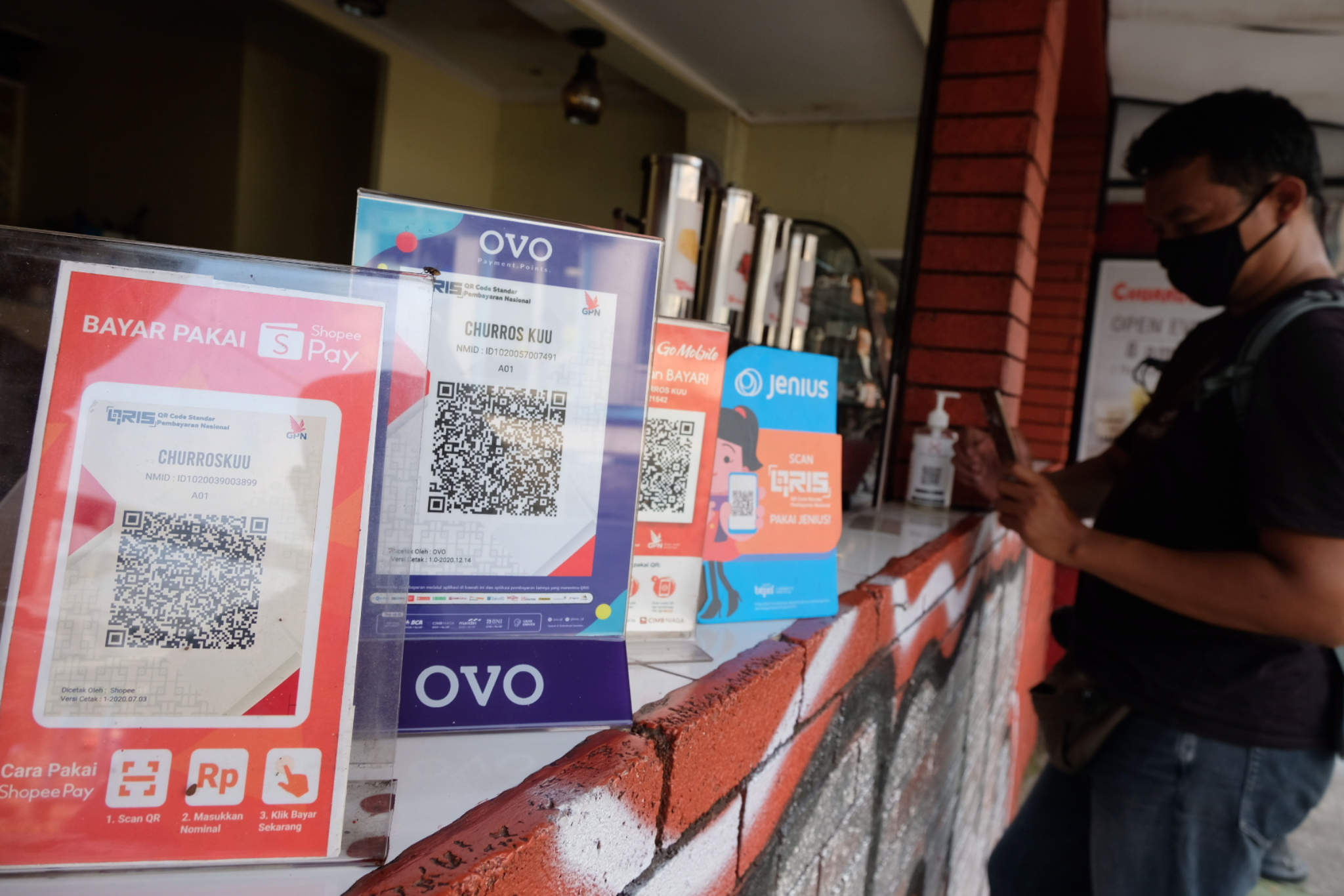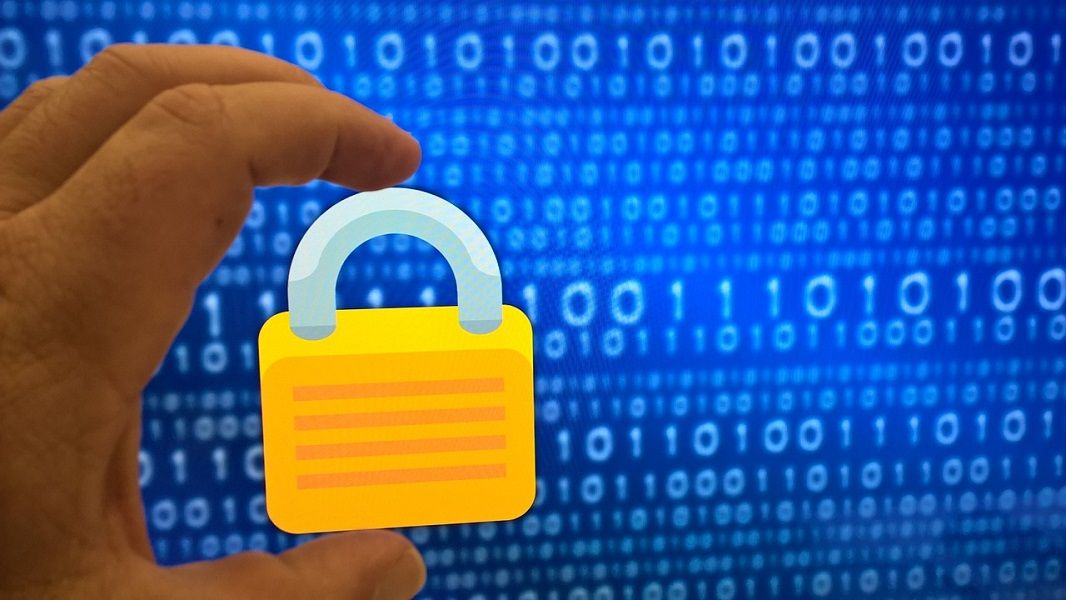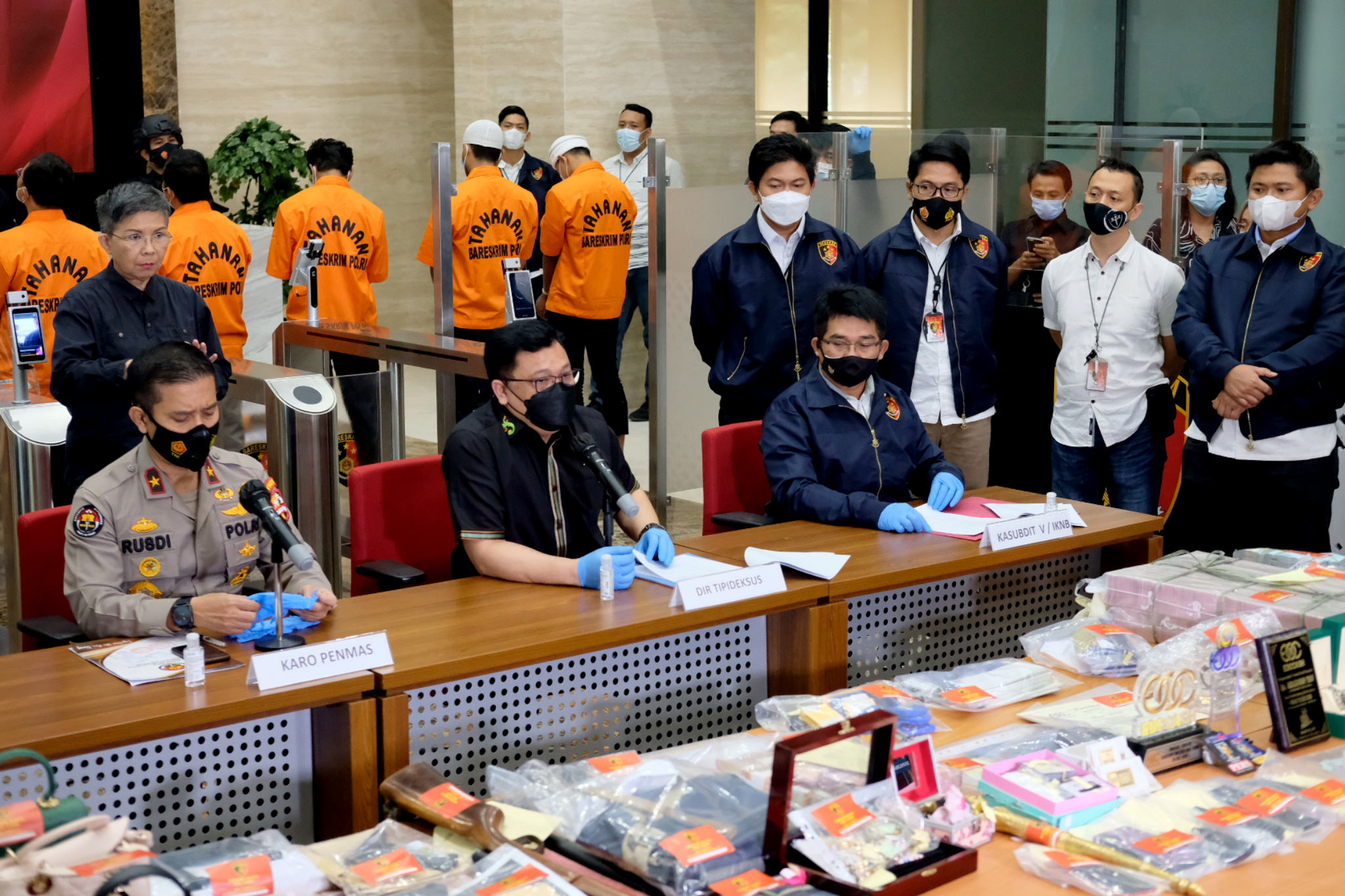
Online Trends are Booming (Serial 5): Human Resources and Infrastructure Left Behind, Data Protection is Unreliable
- JAKARTA – Starting from the time the COVID-19 pandemic began to spread, digital use around the world has become increasingly widespread. The threat of the
Tekno
JAKARTA – Starting from the time the COVID-19 pandemic began to spread, digital use around the world has become increasingly widespread. The threat of the virus makes the mobility of people are limited. For security reasons, almost all activities are now carried out at home, such as school, work, to shopping.
This is where the role of digitization becomes important. Technology is the key to carrying out these activities. Study routines and work meetings, for example, people can do it through a variety of applications now so that it is still possible to meet, even though it is through a screen.
The same applies to shopping, there are wide selection of platforms that provide everything just through a "click" to purchase items.
- Adaptasi Pandemi, BRI Insurance Perkuat Digitalisasi Internal
- Begini Pengalaman Wisata Luar Angkasa Founder Amazon, Jeff Benzos
- Masih Kontraksi, Berikut Rapor Penyaluran Kredit dan NPL Kuartal I-2021 di 7 Sektor
In all countries, including Indonesia, digital is an absolute requirement in the latest economic development. The government is also keen to build digital infrastructure to ensure connectivity can run smoothly.
The Tantalizing Potential of the Digital World

Not only that, digital is also seen as a lucrative potential to increase state income. The government also boosted through the application of taxes. The Ministry of Finance (Kemenkeu) reported that as of June 16, 2021, the results of collecting value added tax (VAT) from the digital industry reached Rp2.25 trillion.
This realization was obtained from 50 trading business actors through the electronic system (PMSE). Throughout 2021 (year to date/ytd), the realization of VAT on digital products touched Rp1.52 trillion. Meanwhile, VAT receipts for digital products last year amounted to Rp730 billion.
- Adaptasi Pandemi, BRI Insurance Perkuat Digitalisasi Internal
- Begini Pengalaman Wisata Luar Angkasa Founder Amazon, Jeff Benzos
- Masih Kontraksi, Berikut Rapor Penyaluran Kredit dan NPL Kuartal I-2021 di 7 Sektor
In fact, Minister of Finance, Sri Mulyani, some time ago admitted that her party had not recapitulated tax receipts from 25 other business actors who had just been appointed to collect VAT on digital products in the June-July 2021 period.
So, it is not surprising that the Information and Communication Technology (ICT) sector plays an important role in supporting the country's economy. The World Economic Forum (WEF) once reported that a 10% increase in internet access could add 1.2% to economic growth in developing countries. In the United States alone, the information sector accounts for 6.5% of the total Gross Domestic Product (GDP).
Human Resources Capabilities and Access Availability

On the other hand, ICT-based industries must be followed by the ability of Human Resources (HR) in their operations. Based on the latest data from the Central Statistics Agency (BPS), in 2019 the ICT Development Index (IP-TIK) in Indonesia was only 5.32 from a scale of 0-10.
Not to mention the issue of access availability, which means it also involves digital infrastructure. So far, one of the government's efforts to build the infrastructure has been through the launch of the fifth generation or 5G network.
The 5G era is claimed to be a momentum in escalating the digital economy in Indonesia. This network uses a frequency band of 2,300 MHz for the data plane, while the control plane uses a frequency band of 1,800 MHz.
- Adaptasi Pandemi, BRI Insurance Perkuat Digitalisasi Internal
- Begini Pengalaman Wisata Luar Angkasa Founder Amazon, Jeff Benzos
- Masih Kontraksi, Berikut Rapor Penyaluran Kredit dan NPL Kuartal I-2021 di 7 Sektor
Another advantage of the 5G network is it is rated 10 times faster than 4G. This is because the level of latency or the time required for data from origin to destination of 5G is only 1ms and can accommodate 1 million devices within a 1km2 radius.
In the country, two operators who have passed the Operational Feasibility Test (ULO) for 5G networks include PT Telekomunikasi Selular (Telkomsel) and PT Indosat Tbk (ISAT). Reportedly, PT Smartfren Telecom Tbk (FREN) will be the third telecommunications operator to follow.
The launch of Telkomsel's 5G service has reached several big cities, such as Jakarta, Medan, Surakarta, Balikpapan, Surabaya, Makassar, Bandung, Batam, and Denpasar.
Digital Infrastructure is Not Evenly Distributed

In some areas this infrastructure is already available completed with easy access. However, what about other areas?
Telecommunications observer, Heru Sutadi, said that digital infrastructure in Indonesia is still not evenly distributed. This becomes a considerable challenge when the world continues to move forward, while in certain areas the road to get there is not available.
- Adaptasi Pandemi, BRI Insurance Perkuat Digitalisasi Internal
- Begini Pengalaman Wisata Luar Angkasa Founder Amazon, Jeff Benzos
- Masih Kontraksi, Berikut Rapor Penyaluran Kredit dan NPL Kuartal I-2021 di 7 Sektor
“In fact, the number of mobile phone users in Indonesia cannot be said to be small. The figure reaches 330 million. Likewise with internet users, almost 72 percent of the total population,” he said when contacted by telephone.
However, in reality, there are 12,548 villages in Indonesia that have not been touched by Internet signals. Therefore, he said that the important factors that support the digital economy must be addressed.
On the other hand, readiness to face the digital world is not enough just to build infrastructure. This must be accompanied by strong regulations. The reason is, the more sophisticated an era, the higher the risk of crime.
Cybercrime Cases and Weak Regulations

The government has actually regulated data protection, technology, and monitoring in the Electronic Information and Transaction Law (UU ITE), Minister of Communication and Informatics Regulation Number 20 of 2015 concerning Personal Data Protection, and others.
In addition, data protection in the financial technology (fintech) industry is also specifically regulated in BI Regulation Number 19/12/PBI/2017 concerning Fintech Implementation. Then Regulation of The Financial Services Authority Number 77/POJK/01/2016 concerning Information Technology-Based Borrowing-Lending Services (fintech lending).
However, the number of cases of data leakage still haunts the digital ecosystem in Indonesia. As a result, various problems arise, such as being conceded, hacked, data misuse, fraud, and others.
- Adaptasi Pandemi, BRI Insurance Perkuat Digitalisasi Internal
- Begini Pengalaman Wisata Luar Angkasa Founder Amazon, Jeff Benzos
- Masih Kontraksi, Berikut Rapor Penyaluran Kredit dan NPL Kuartal I-2021 di 7 Sektor
Especially in the financial sector, cybercrime seems to be incessantly attacking. Some time ago, there was a boom in the case of 890,000 Kreditplus fintech customers' personal data leaking. The data is known to have been traded in a database trading forum.
A similar case previously happened to an e-commerce store, Tokopedia. In the same forum, the personal data of Tokopedia users is peddled through a thread. In fact, the data leak also overwrites the participant data of the Health Social Security Administering Body (BPJS).
A total of 20 million data in it was exploited through hacking of personal contact numbers and social media accounts. In detail, the Population Identification Number (NIK), names, addresses, telephone numbers, and emails are sold on dark sites complete with photos. The Indonesia Cyber Security Independent Resilience Team (CISRT) also said that material losses from this case reached Rp600 trillion.
Heru said, this is where the regulatory challenges become important. The reason is that the digital economy is considered to require high trust from the public.
“So, how do we prevent the data of the people who use the service from being leaked and not being used by other parties. We need stronger legal rules so that people feel safe when using digital services," he said.
Sanctions are Not Firmed Yet, an Independent Supervisory Agency Needs to be Established

In this regard, previously a number of digital industry players also urged the government to immediately issue regulations regarding the protection of personal data. This policy will later regulate the granting of full rights to data owners to control and manage their own personal data.
In addition, this regulation will also place greater responsibility and accountability on the industry for data security protection compliance. If you look at the future potential of Indonesia's digital economy, legal protection of personal data privacy is becoming increasingly urgent.
The reason is that in 2025, the digital economy is predicted to contribute US$100 billion or equivalent to Rp1,400 trillion to the national economy and become the largest digital economy power in ASEAN.
- Adaptasi Pandemi, BRI Insurance Perkuat Digitalisasi Internal
- Begini Pengalaman Wisata Luar Angkasa Founder Amazon, Jeff Benzos
- Masih Kontraksi, Berikut Rapor Penyaluran Kredit dan NPL Kuartal I-2021 di 7 Sektor
Senior Fellow Data Privacy Project Lead Association of Business Law Institute (ABLI) Singapore, Clarisse Girot said, the Indonesian government could adapt laws that can address the risks of cyber-crime and data privacy violations from the large growth of Indonesia's digital economy.
In line with this, the Mastel and APJII survey in 2017 found 79% of respondents in Indonesia objected to their personal data being transferred without clear consent and permission, and 98% of respondents supported the passage of the Personal Data Protection Law (UU PDP).
According to Heru, when viewed from the side of sanctions, there is also no firmness that allows cyber-crime cases to be repeated. He considered that the supervision carried out was less stringent. "Supervision regarding the protection of personal data is still at Ministry of Communication and Informatics," he said.
According to him, it is necessary to establish an independent personal data protection supervisory authority. It is hoped that supervision in the digital realm can take maximum action against all parties, both government and private.
It is known, many industry players have agreed to have an independent government authority, or Data Protection Authority (DPA). This is because an independent DPA can have the expertise and dedication to oversee and ensure the implementation of PDP laws or regulations. DPA is seen as enabling consistent enforcement and a level playing field. (SKO)
This article is a series of special reports that will be continued in the next issue entitled “Online Trends Booming.”
- Online Trends are Booming (Serial 1): Exploring the Drivers of Indonesia's Digital Economy
- Online Trends are Booming (Serial 2): Sudden Fortune Because of the Digital Economy
- Online Trends are Booming (Serial 3): Those Who Tumble Because of Digital Economy
- Online Trends are Booming (Serial 4): Job Opportunities in the Digital Age
Writer: Aprilia Ciptaning
Editor: Sukirno

